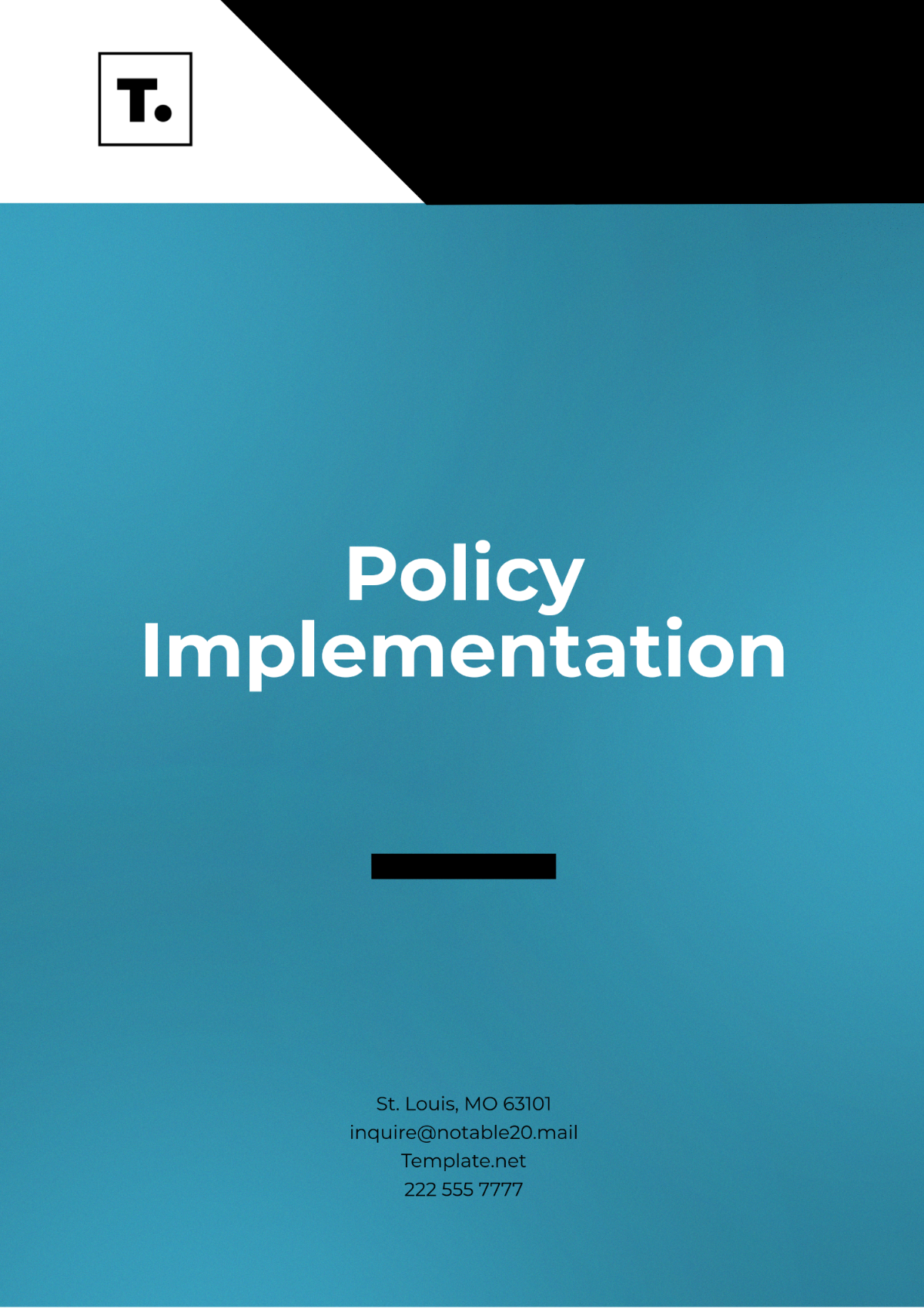Global Warming Foreign Policy
OVERVIEW:
This Global Warming Foreign Policy outlines the strategic framework for addressing climate change through international cooperation, emphasizing nature-based solutions. By leveraging natural ecosystems to mitigate and adapt to climate impacts, this policy aims to enhance global efforts in combating climate change while promoting sustainable development and biodiversity conservation.
PURPOSE:
The purpose of this policy is to:
Strengthen international collaboration in the fight against global warming by prioritizing nature-based solutions.
Support global initiatives to conserve, restore, and sustainably manage ecosystems that play a critical role in climate regulation.
Enhance the resilience of vulnerable countries and communities to climate change through ecosystem-based adaptation strategies.
Foster global sustainable development practices that protect and utilize natural resources responsibly.
SCOPE:
This policy applies to the nation's diplomatic engagements, international development aid, and cross-border environmental initiatives. It involves partnerships with foreign governments, international organizations, non-governmental organizations, and multinational corporations.
RESPONSIBILITY:
Ministry of Foreign Affairs: Lead the implementation of the policy by integrating nature-based solutions into international relations and diplomacy.
Environmental Agencies: Provide expertise and support in identifying and promoting effective nature-based solutions.
International Development Agencies: Ensure that foreign aid and development projects incorporate nature-based approaches to climate mitigation and adaptation.
Partner Countries and Organizations: Collaborate with foreign governments, international bodies, and NGOs to promote and implement the policy's objectives.
POLICY AND PROCEDURE:
International Cooperation and Agreements: Advocate for the inclusion of nature-based solutions in international climate agreements, such as the Paris Agreement, and support the development of global standards and frameworks that promote ecosystem-based approaches.
Bilateral and Multilateral Partnerships: Establish and strengthen partnerships with other nations and international organizations to share knowledge, technology, and best practices related to nature-based climate action. Promote joint projects that focus on reforestation, wetland restoration, and sustainable land management.
Financial Support and Investments: Allocate financial resources and provide technical assistance to developing countries to help them implement nature-based solutions. Encourage investments in green infrastructure and sustainable agriculture through international financial institutions and development banks.
Research and Innovation: Support international research initiatives aimed at understanding and enhancing the role of natural ecosystems in climate mitigation and adaptation. Promote the exchange of scientific data and innovative practices across borders.
Capacity Building and Education: Facilitate capacity-building programs for foreign governments and communities to enhance their ability to implement and manage nature-based solutions. Promote global awareness campaigns that highlight the importance of ecosystem conservation in combating climate change.
Monitoring and Evaluation: Implement robust monitoring and evaluation mechanisms to assess the impact of nature-based solutions in international climate projects. Use findings to refine strategies and improve the effectiveness of international climate cooperation efforts.
This policy will be reviewed periodically to ensure its alignment with the latest scientific findings, international climate goals, and emerging global challenges. The Ministry of Foreign Affairs, in collaboration with relevant agencies, will lead the review process and update the policy as necessary to maintain its relevance and effectiveness.

















































